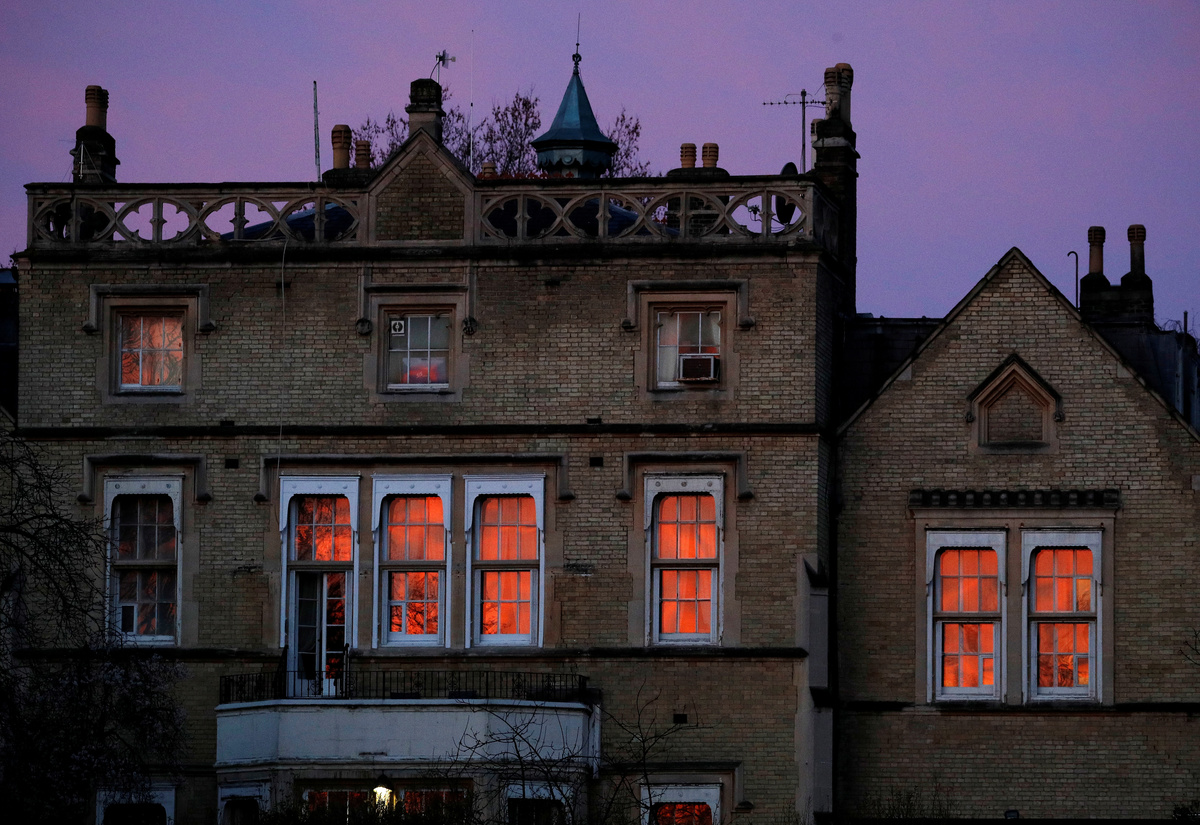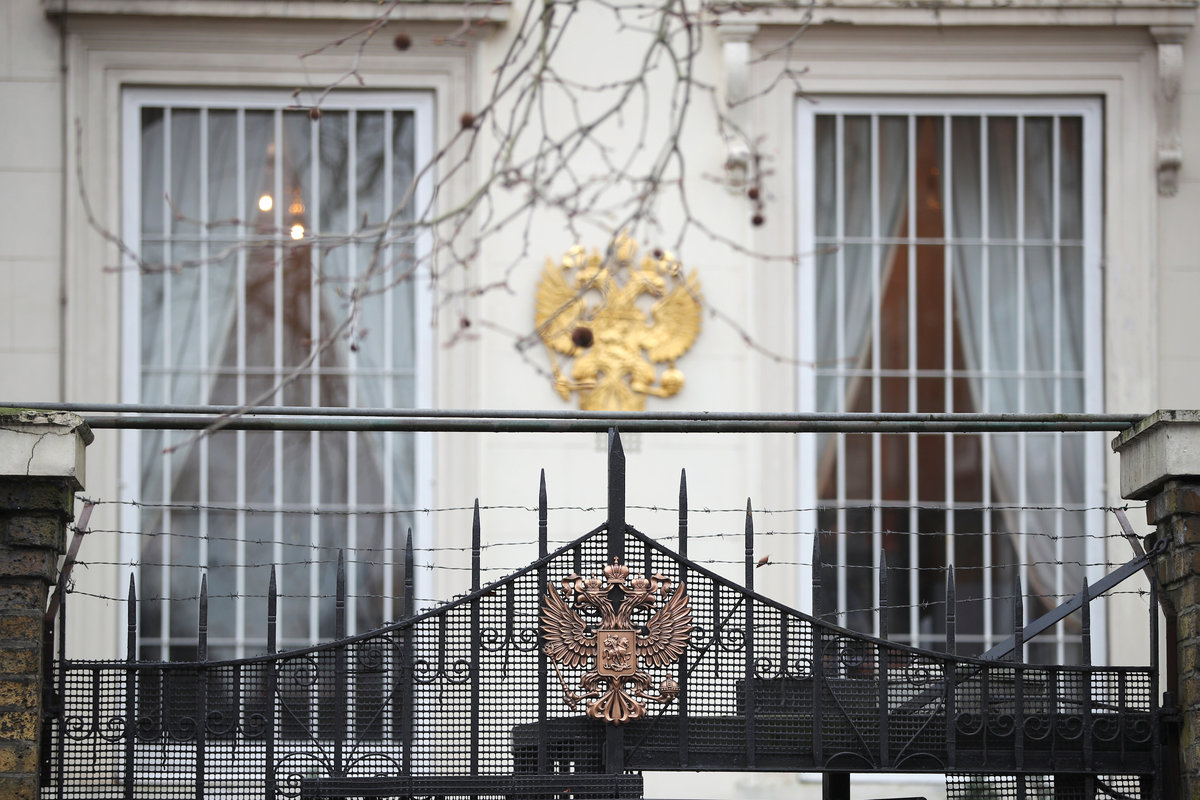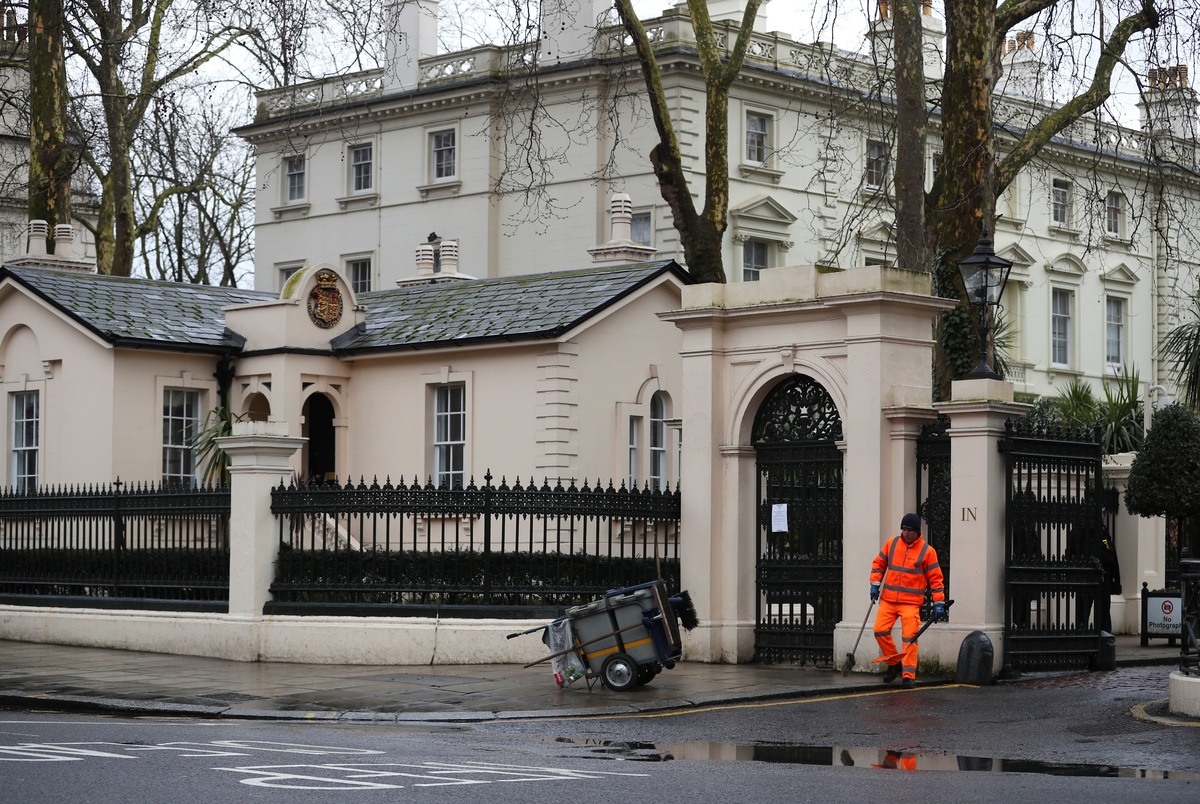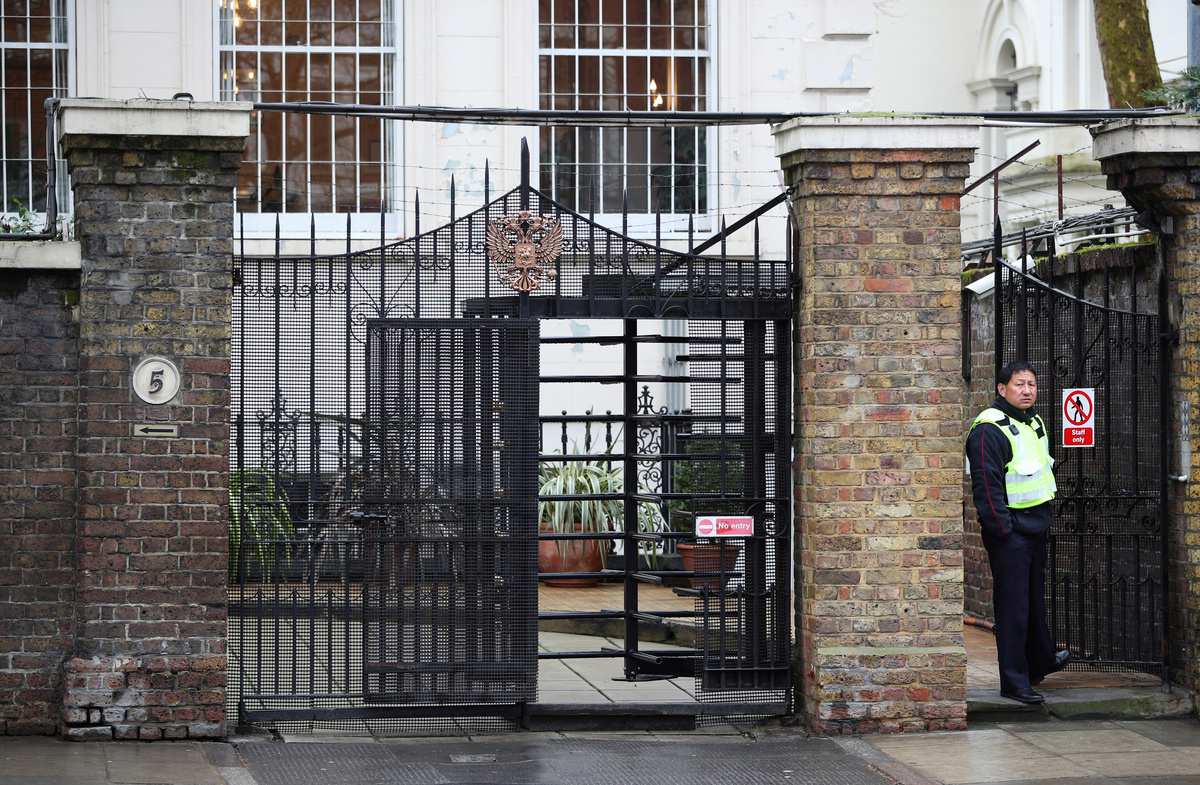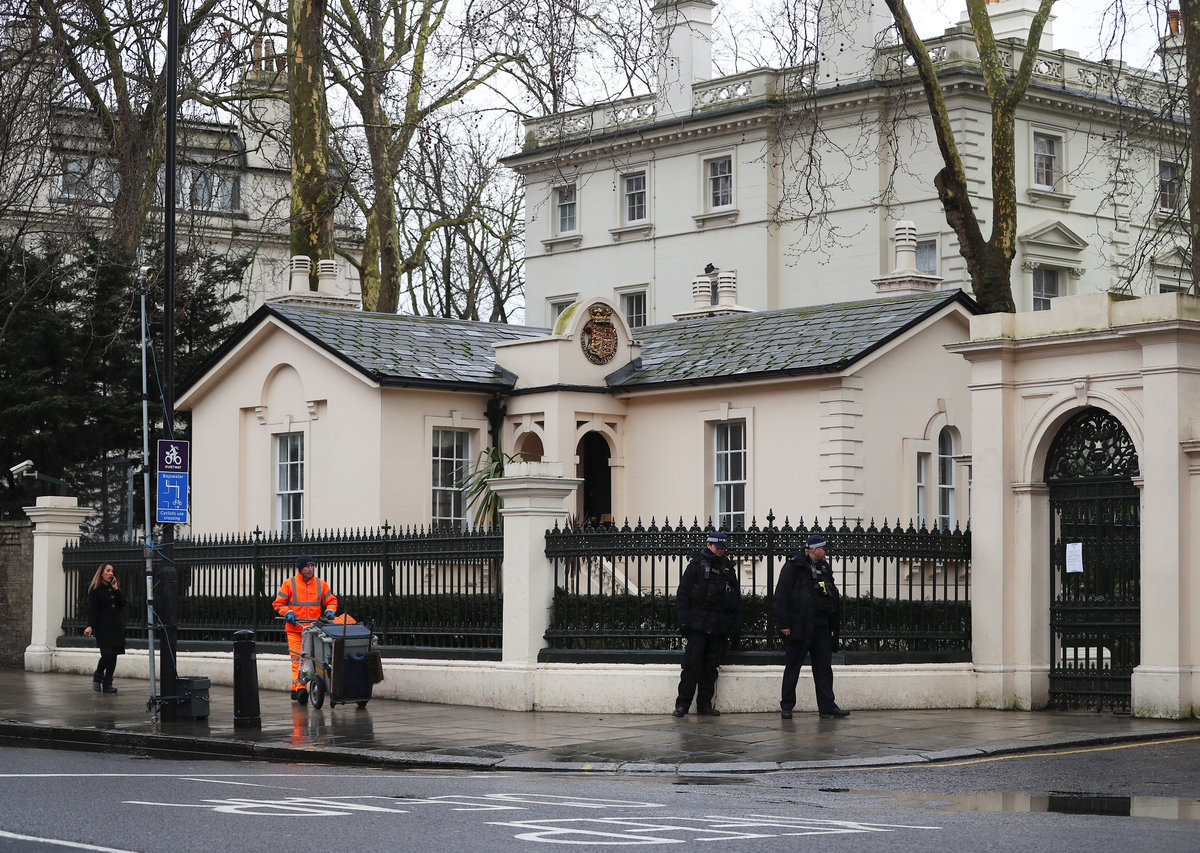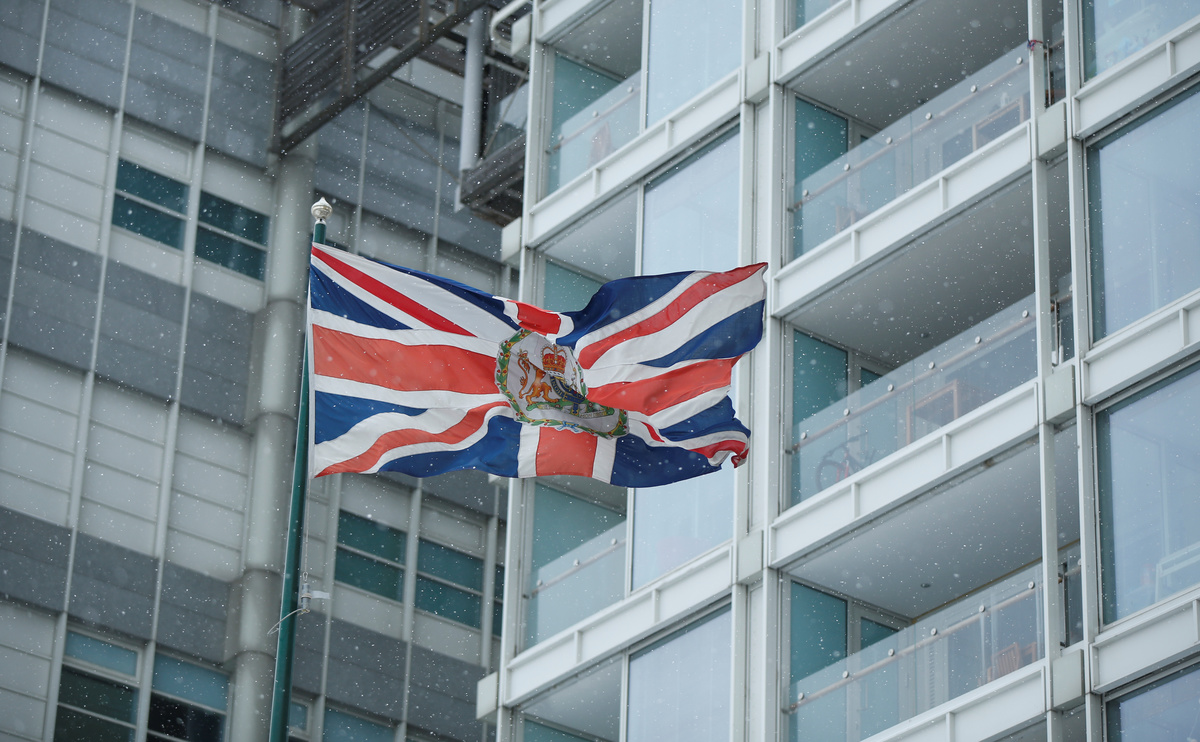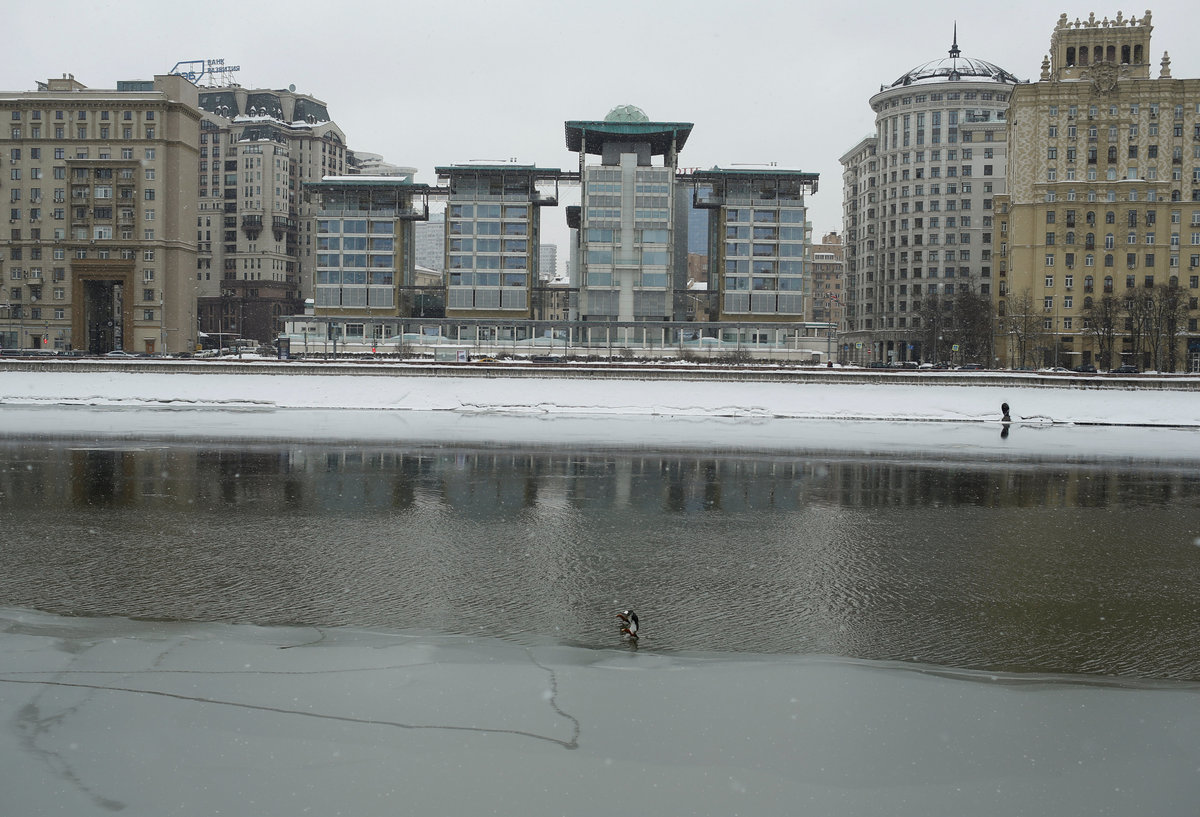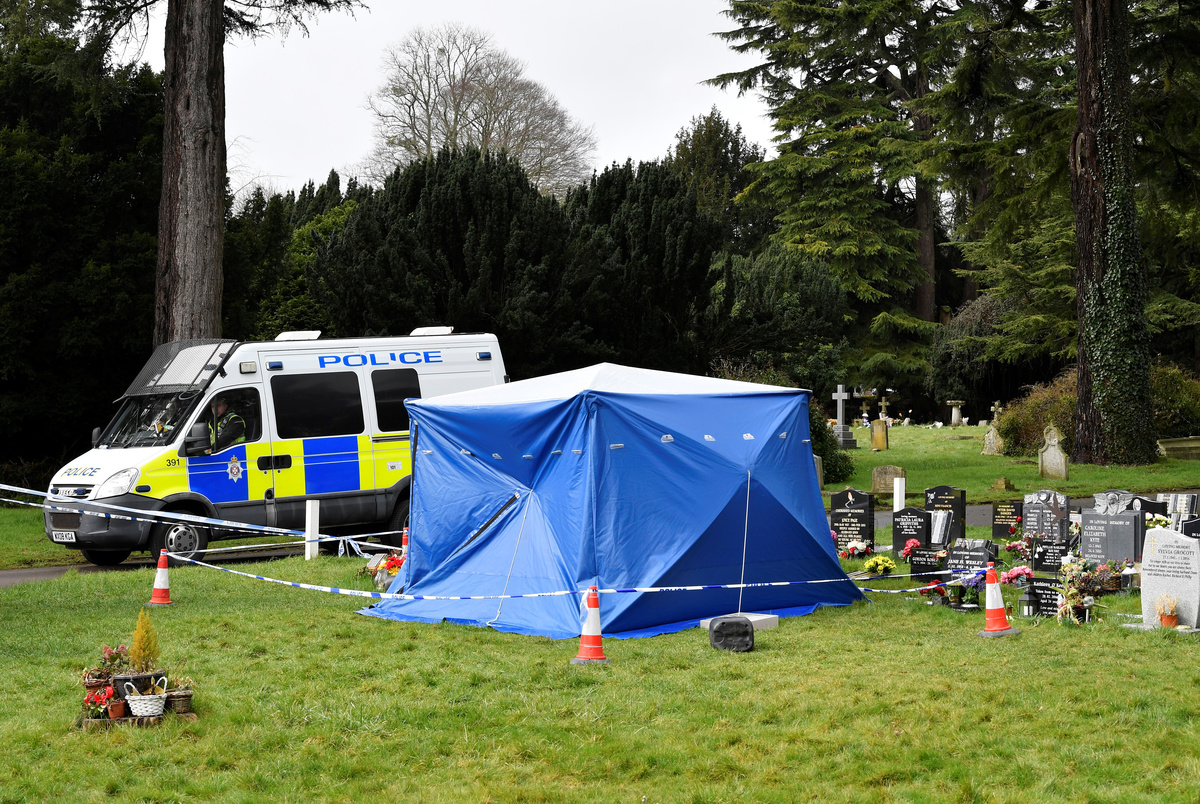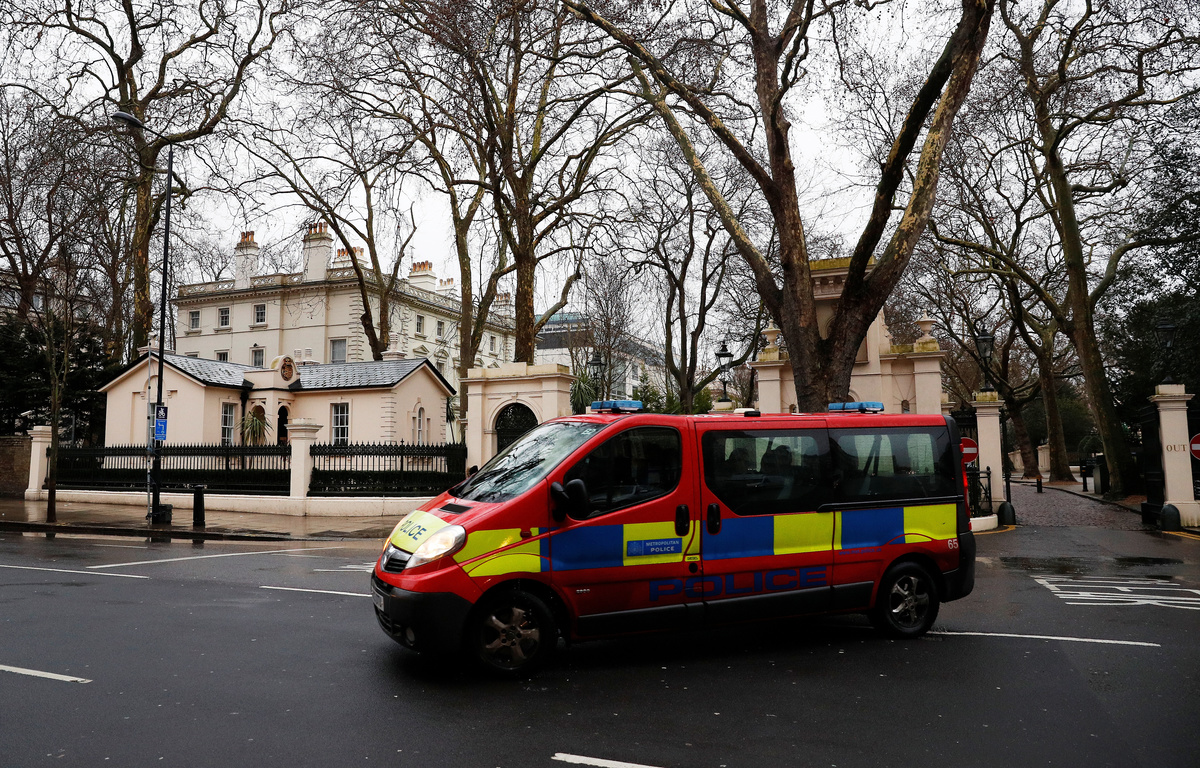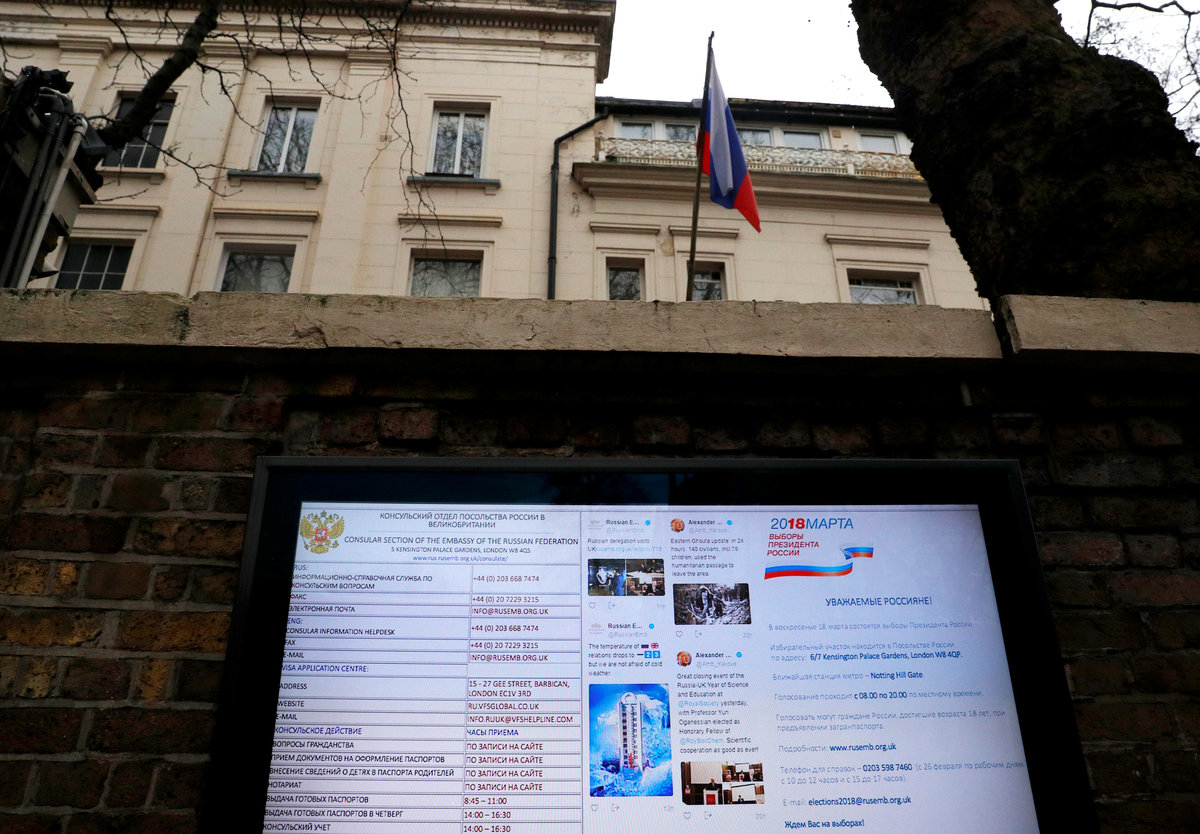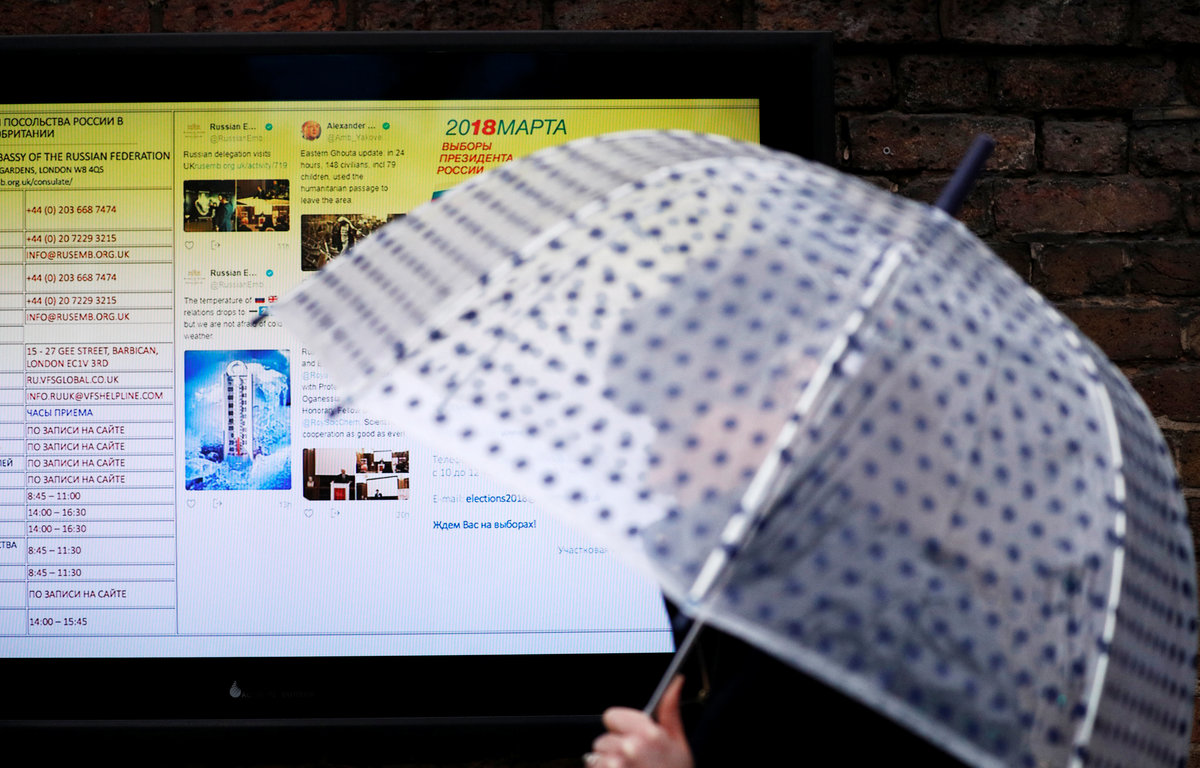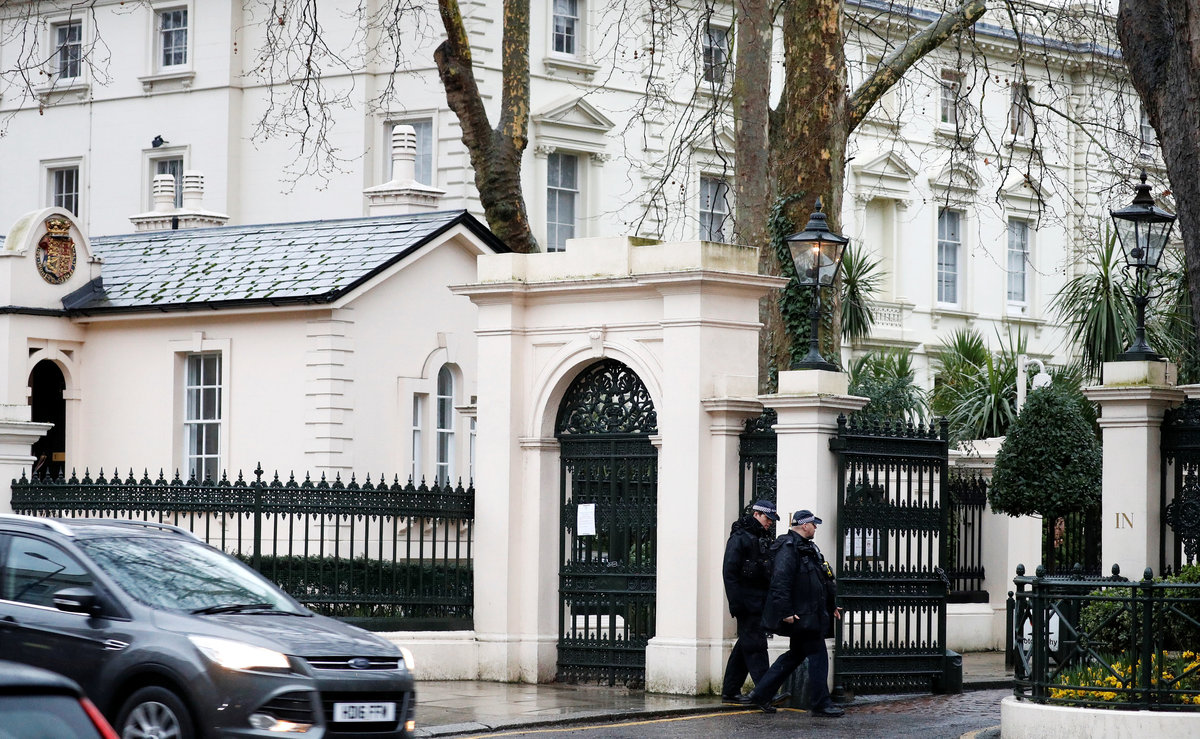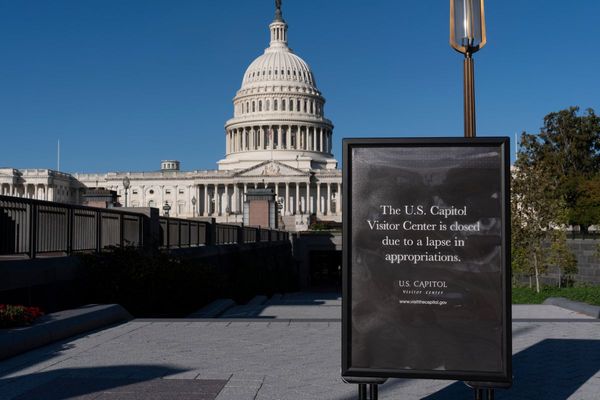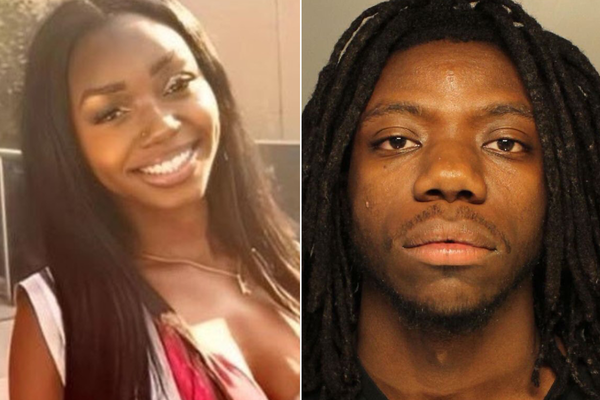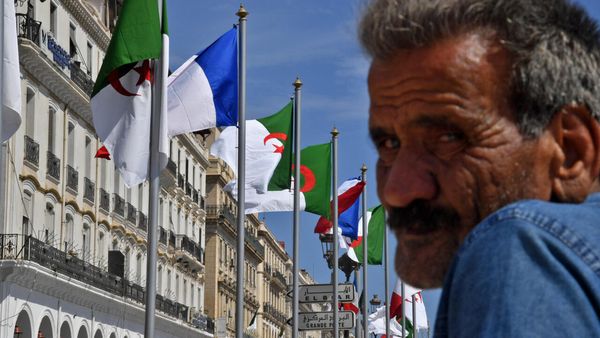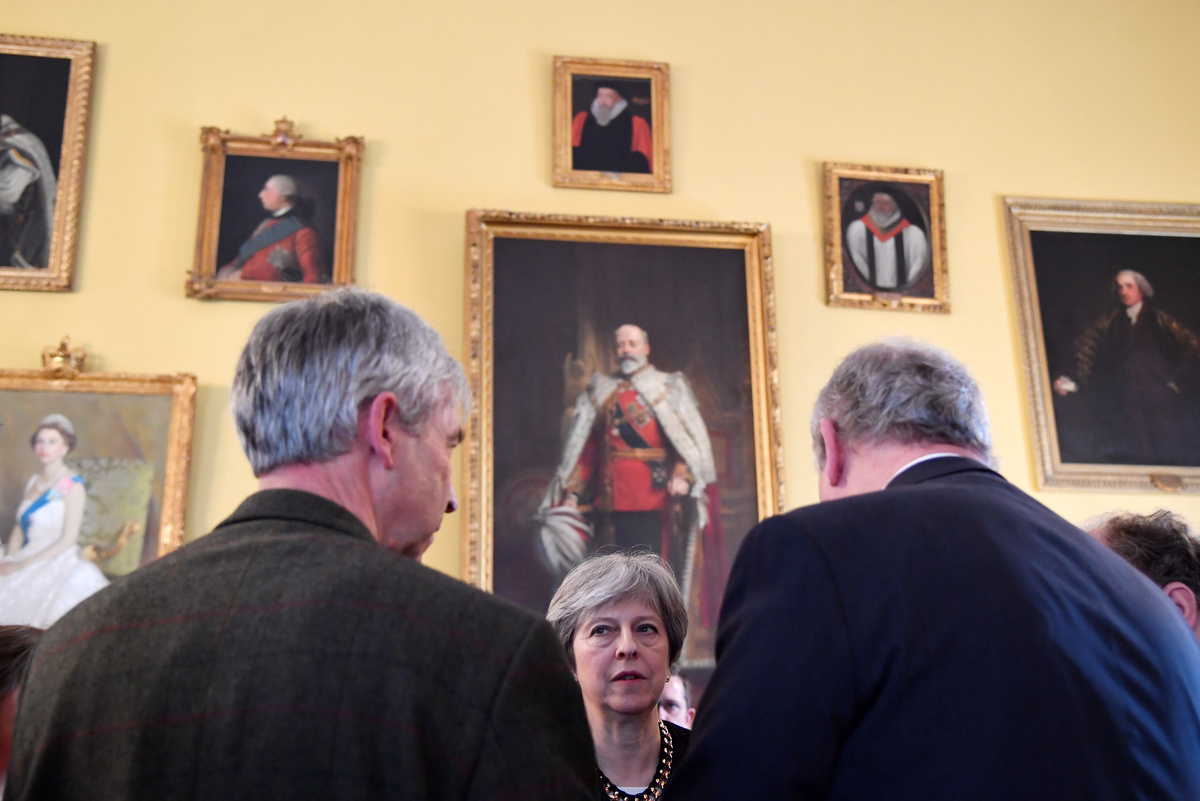
LONDON (Reuters) - Britain, the United States, Germany and France jointly called on Russia on Thursday to explain a military-grade nerve toxin attack in England on a former Russian double agent, which they said threatened Western security.
After the first known offensive use of such a weapon on European soil since World War Two, Britain has pinned the blame on Moscow and given 23 Russians who it said were spies working under diplomatic cover at the London embassy a week to leave.
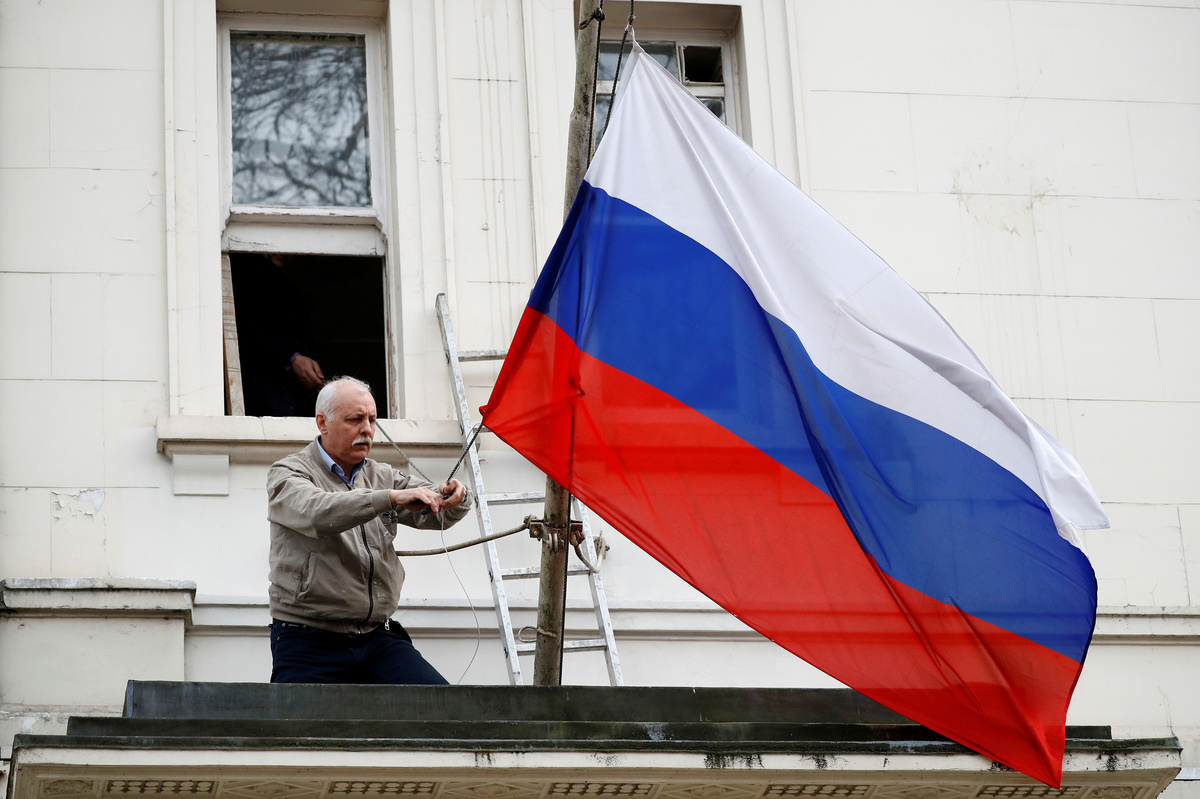
Moscow has denied any involvement in the poisoning. Foreign Minister Sergei Lavrov accused London of behaving in a "boorish" way and suggested this was partly because of problems Britain faces over its planned exit from the European Union next year.
Russia has refused Britain's demands to explain how Novichok, a nerve agent first developed by the Soviet military, was used against Sergei Skripal, 66, and his daughter Yulia, 33, who were found unconscious on a bench outside a shopping centre on March 4 in the southern English city of Salisbury.
"We call on Russia to address all questions related to the attack," U.S. President Donald Trump, German Chancellor Angela Merkel, French President Emmanuel Macron and British Prime Minister Theresa May said in their joint statement.
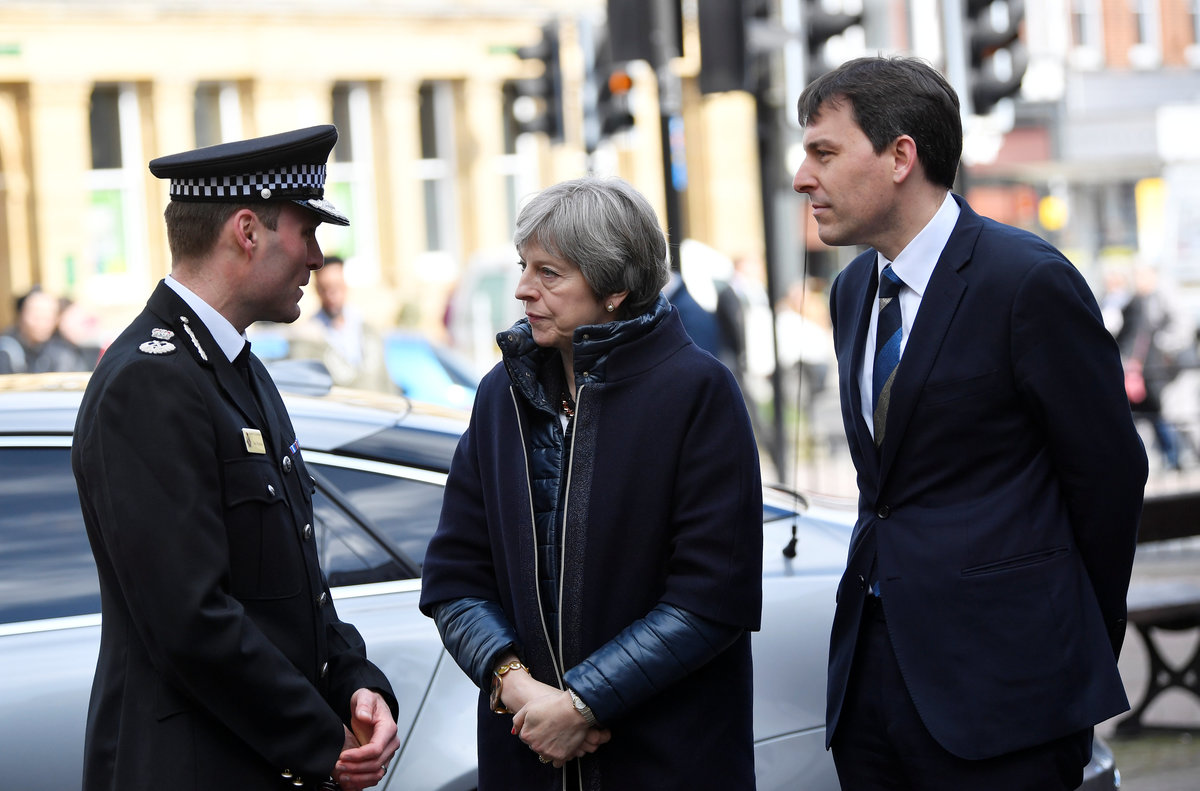
"It is an assault on UK sovereignty," the leaders said. "It threatens the security of us all."
While the statement signals a more coordinated response from Britain's closest allies, it lacked any details about specific measures the West would take if Russia failed to comply.
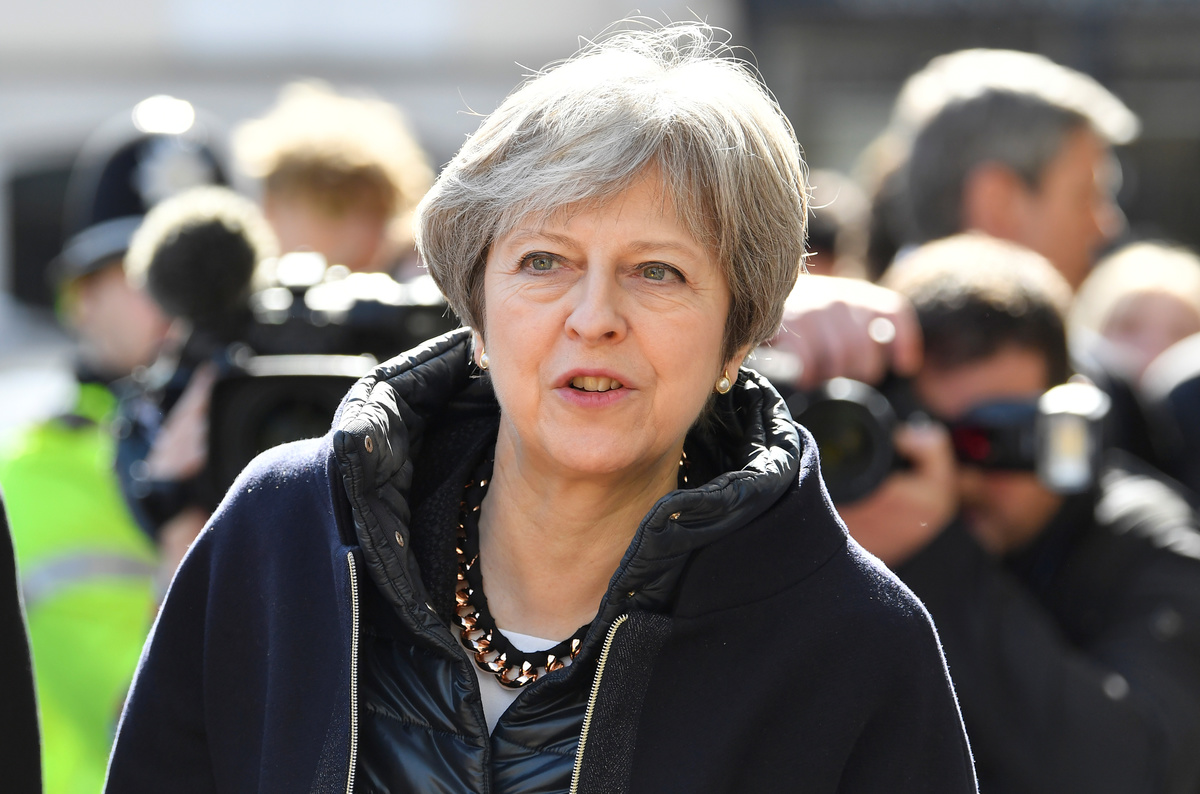
BREACH OF CONVENTION
The Western leaders said the use of the toxin was a clear breach of the Chemical Weapons Convention and international law.
They called on Russia to provide a complete disclosure of the Novichok programme to the Organisation for the Prohibition of Chemical Weapons (OPCW) in The Hague.
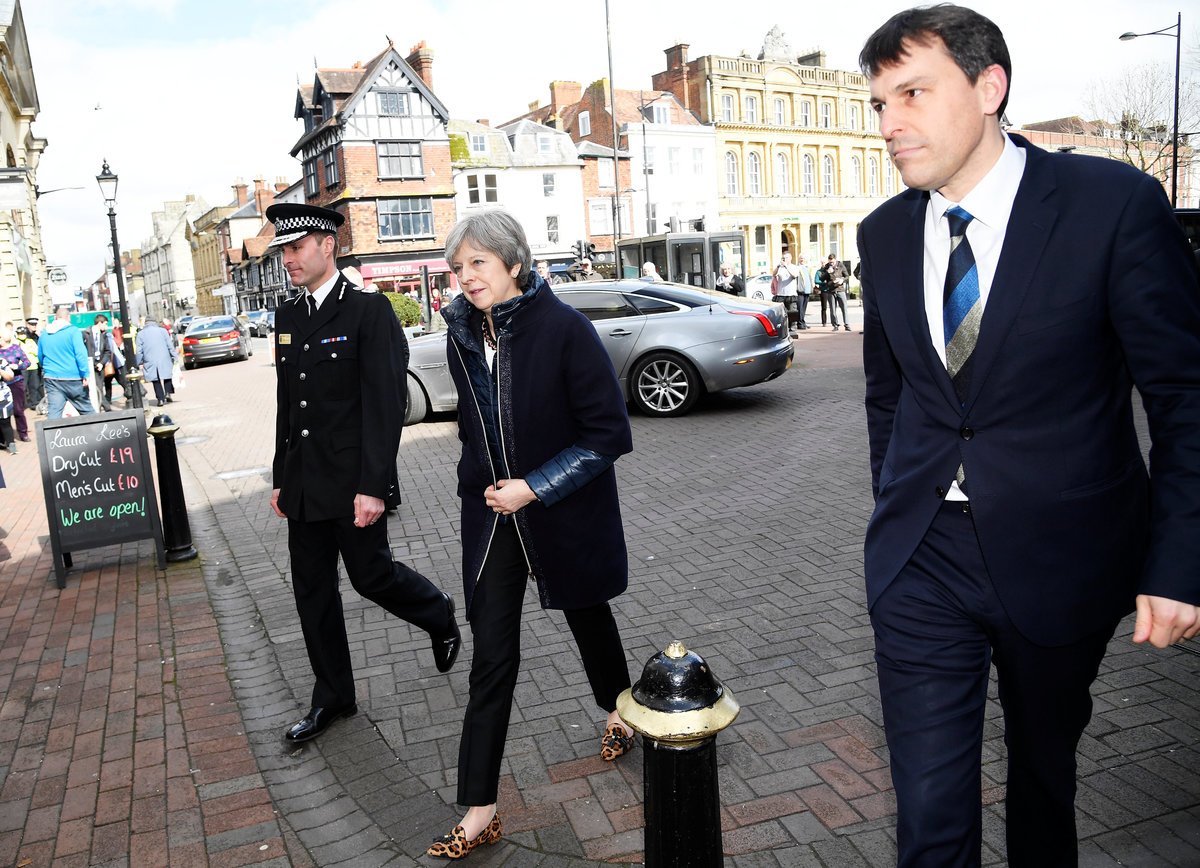
Russia has repeatedly asked Britain to supply a sample of the nerve agent. Deputy Foreign Minister Sergei Ryabkov said neither Russia nor the Soviet Union had run a programme to develop Novichok.
Separately, Washington on Thursday slapped sanctions on two of Russia's biggest intelligence agencies, the Federal Security Service (FSB) and the GRU military intelligence service, in response to Russian meddling in the 2016 presidential election and malicious cyber attacks.
Skripal, a former colonel in the GRU who betrayed dozens of Russian agents to British intelligence, and his daughter are critically ill.
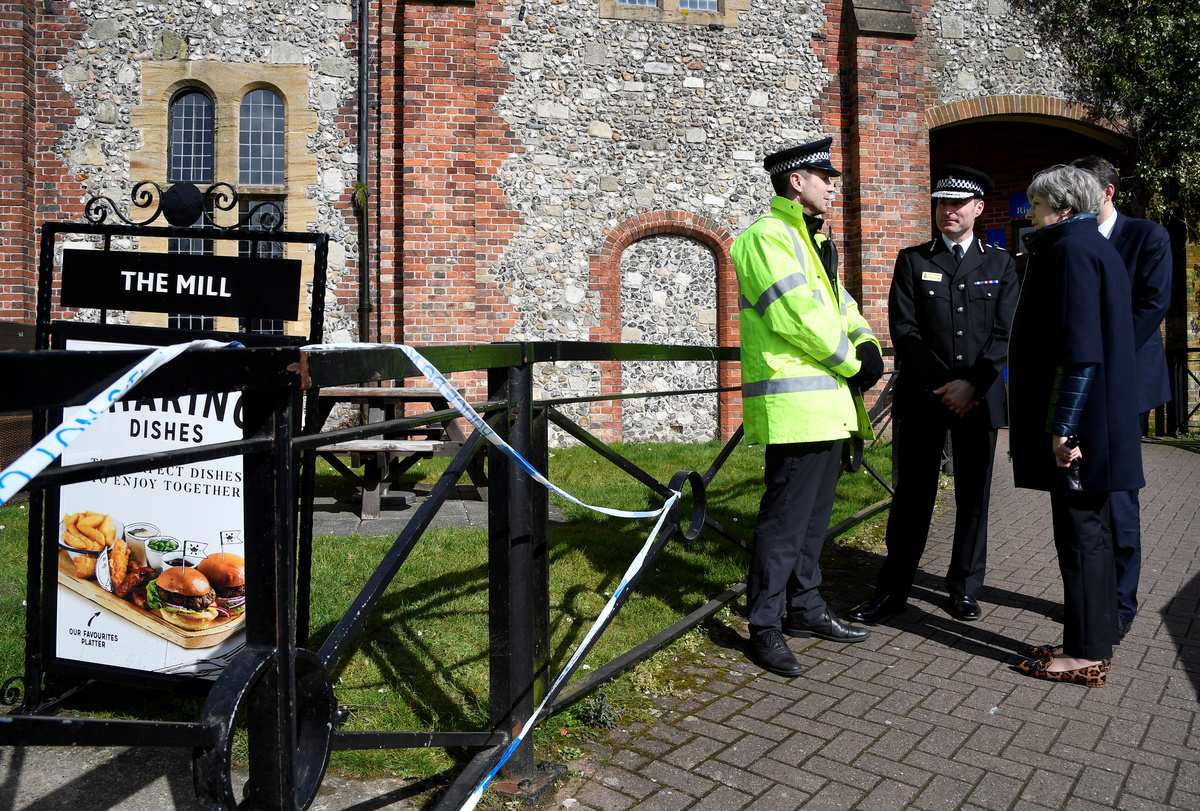
A British policeman who was also poisoned when he went to help them is in a serious but stable condition.
May has directly accused President Vladimir Putin, poised to win a fourth term in an election on Sunday, of being behind the attack. In Washington, Trump said: "It looks like the Russians were behind it."
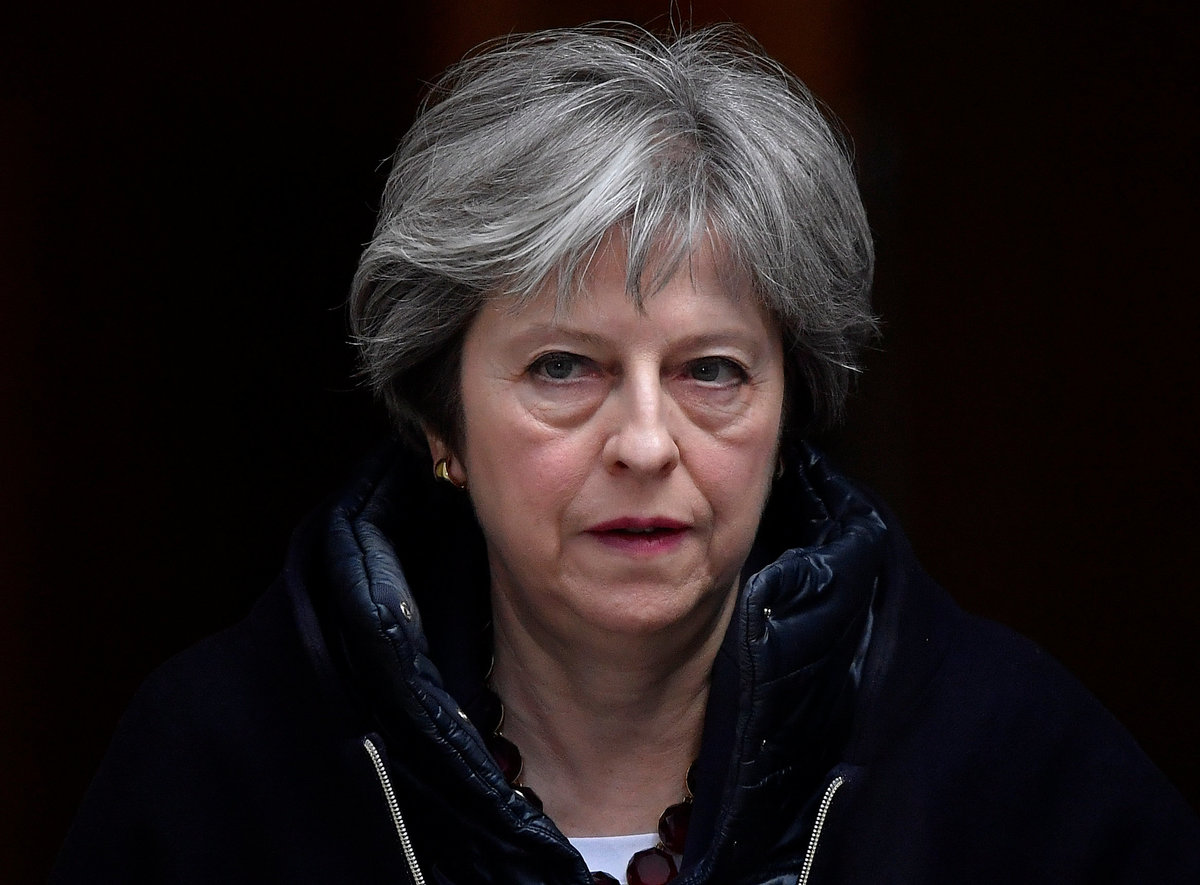
LOST INFLUENCE
Putin, who took over as Kremlin chief from Boris Yeltsin on the last day of 1999, has tried to claw back some of the clout that Moscow lost when the Soviet Union collapsed in 1991. He says the West has repeatedly tried to undermine Russia.
Lavrov said Russia would respond "very soon" to Britain's decision to expel 23 Russian diplomats. Putin discussed relations with Britain at a meeting of Russia's Security Council.
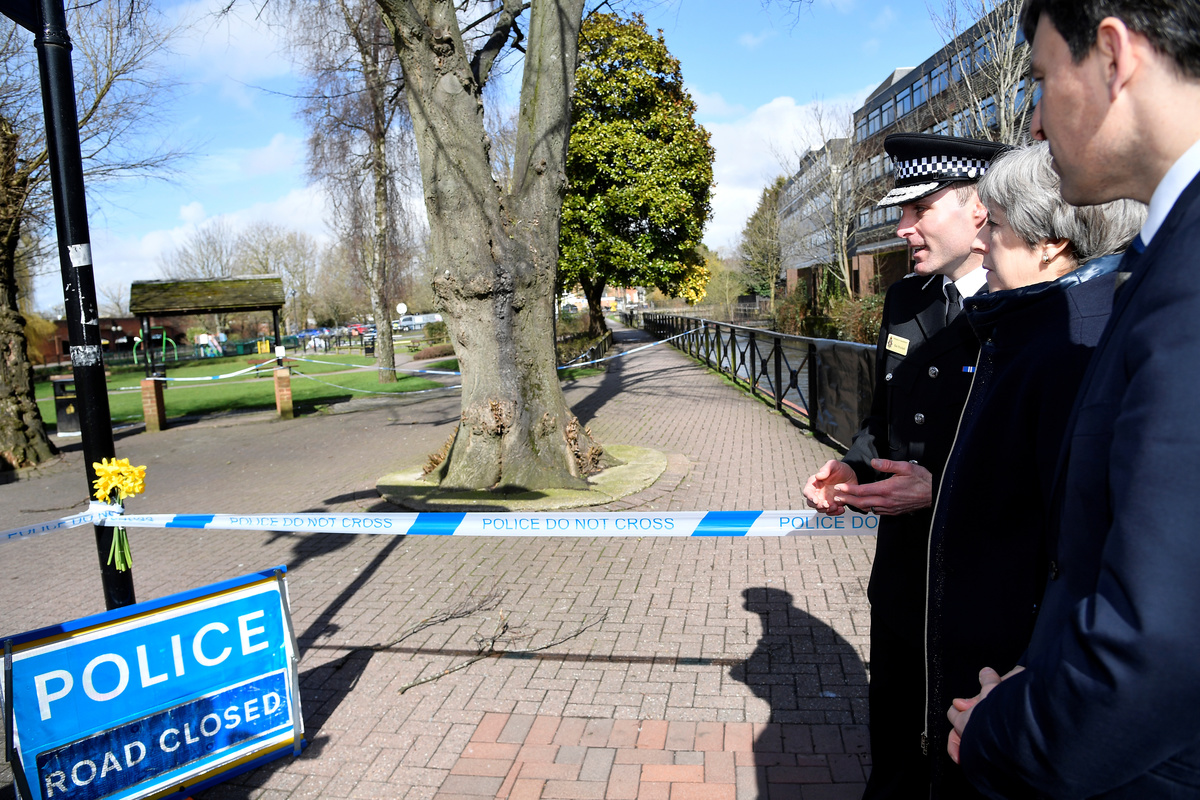
Skripal, who was turned by Britain's MI6 agency while serving in Spain, was arrested in Moscow in 2004 and convicted in 2006 of treason. But in 2010 he was given refuge in Britain after being exchanged for Russian spies.
May on Thursday visited Salisbury, a normally sedate city where police investigators in chemical protection suits and the army have been collecting evidence of the poisoning.
NATO Secretary-General Jens Stoltenberg said Britain could count on NATO's solidarity, but that it had not invoked the alliance's mutual defence clause.
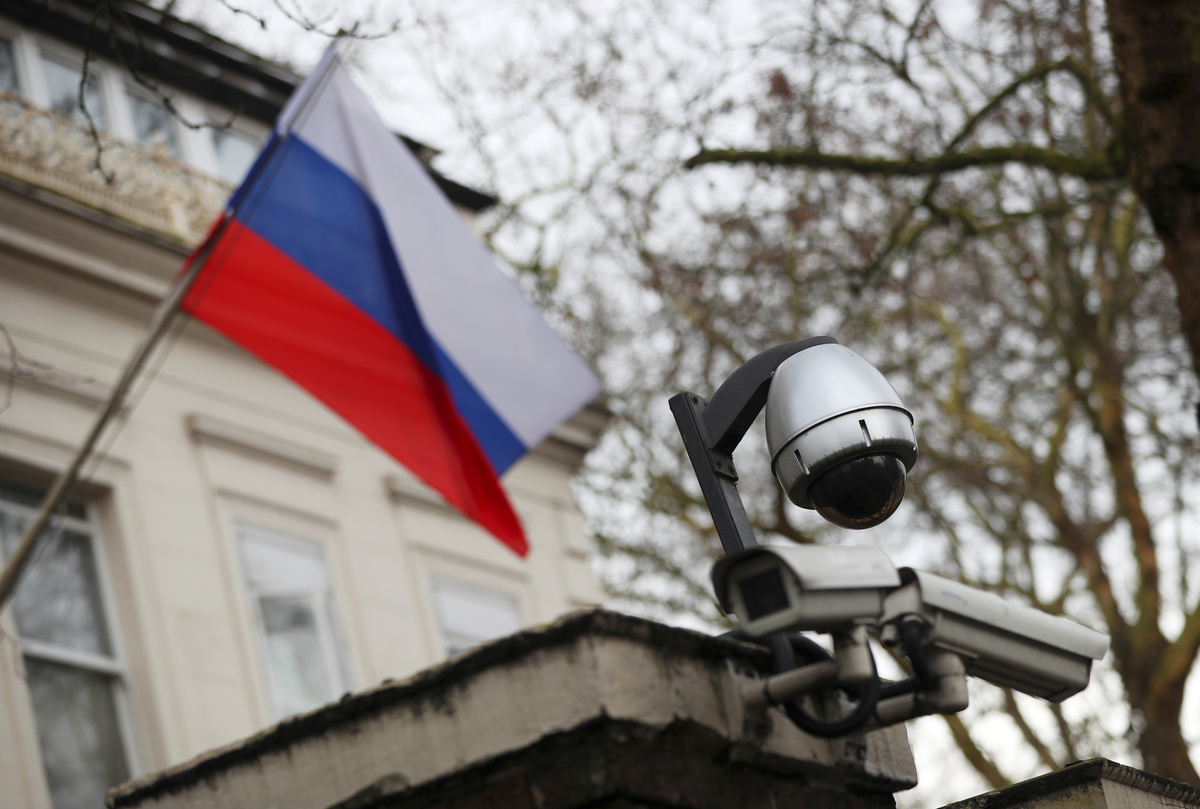
U.S. Army General Curtis Scaparrotti, head of U.S. forces in Europe, said the incident highlighted how far Russia was willing to go to achieve its goals.
"As we determine the responsibility here, and it is likely that it is Russia, I think it underscores what they are willing to do," Scaparrotti told reporters.
"This is a government that is violating all the standard norms and international rules and laws to bring violence onto other nations' soil to reach their objectives. Amazing, frankly," Scaparrotti added.
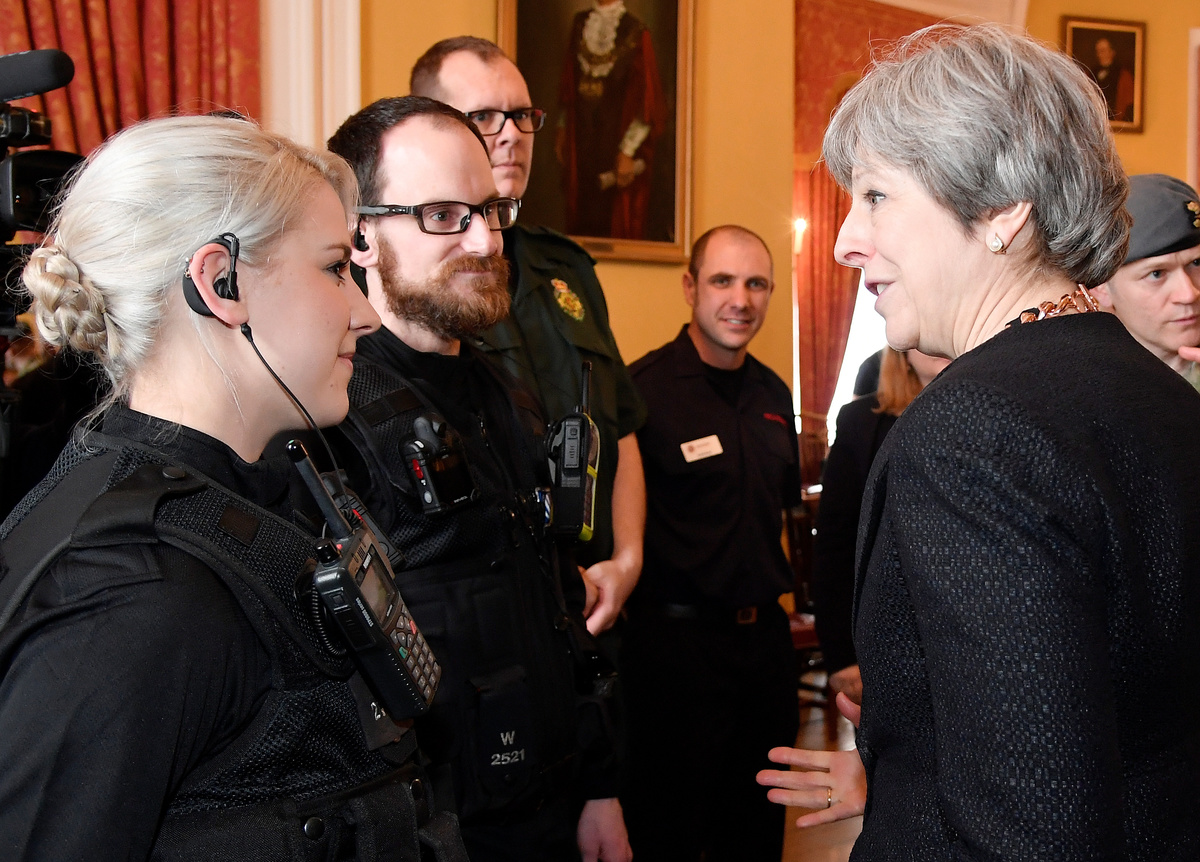
In London, Foreign Secretary Boris Johnson defended the government's response and suggested the authorities might also go after assets held in Britain by Russians close to Putin, though he gave no specific details.
Lavrov suggested that the poisoning might have been motivated by a desire to complicate Russia's hosting of the 2018 soccer World Cup.
In a sign of just how tense relations have become, British Defence Secretary Gavin Williamson said: "Russia should go away, it should shut up."
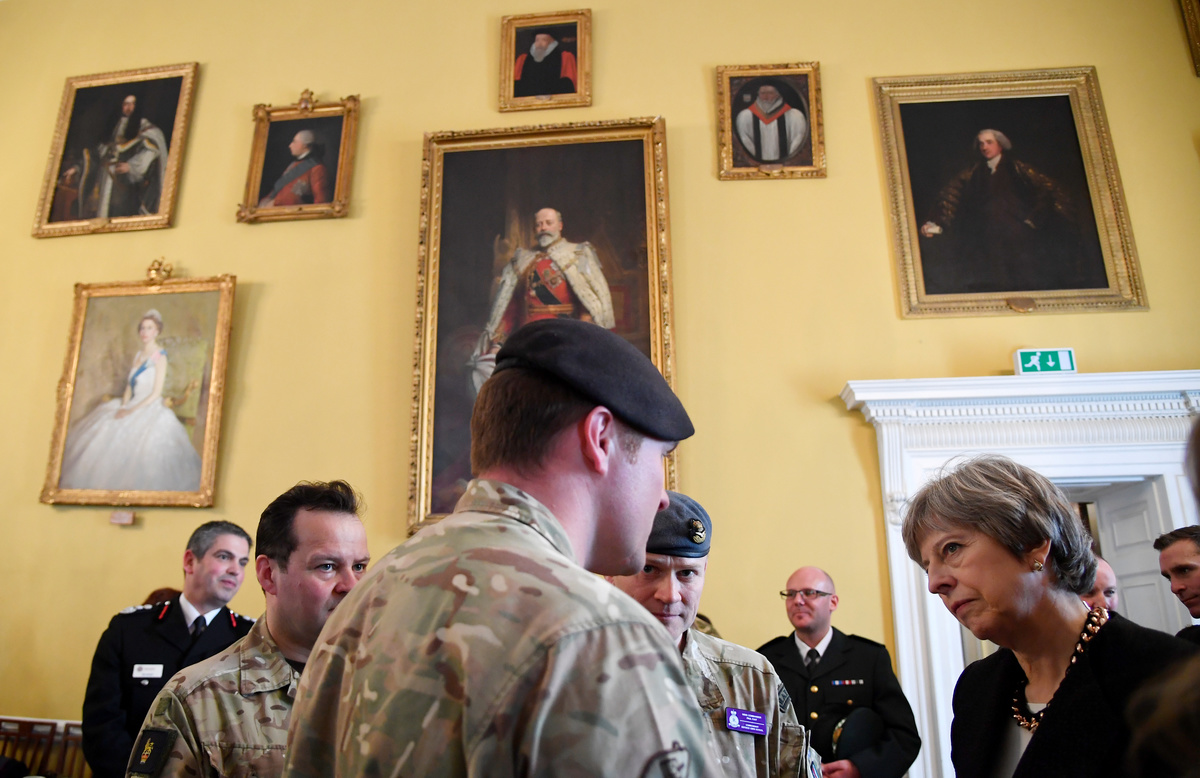
(Additional reporting by Elizabeth Piper, Michael Holden, Elisabeth O'Leary and Costas Pitas in London and Edinburgh, William James in Salisbury, England; Robin Emmott in Brussels; Denis Pinchuk and Andrew Osborn in Moscow; and Steve Holland, James Oliphant, Doina Chiacu and Idrees Ali in Washington; Writing by Guy Faulconbridge; editing by Gareth Jones and Grant McCool)
